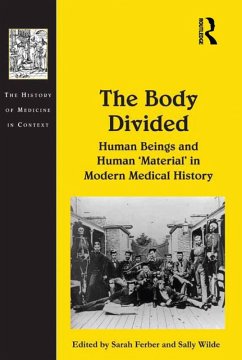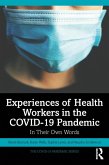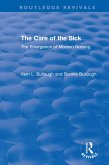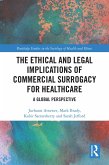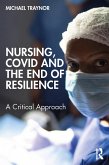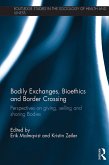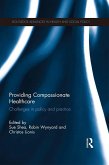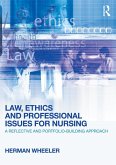Bodies and body parts of the dead have long been considered valuable material for use in medical science. Over time and in different places, they have been dissected, autopsied, investigated, harvested for research and therapeutic purposes, collected to turn into museum and other specimens, and then displayed, disposed of, and exchanged. This book examines the history of such activities, from the early nineteenth century through to the present, as they took place in hospitals, universities, workhouses, asylums and museums in England, Australia and elsewhere. Through a series of case studies, the volume reveals the changing scientific, economic and emotional value of corpses and their contested place in medical science.
Dieser Download kann aus rechtlichen Gründen nur mit Rechnungsadresse in A, B, BG, CY, CZ, D, DK, EW, E, FIN, F, GR, HR, H, IRL, I, LT, L, LR, M, NL, PL, P, R, S, SLO, SK ausgeliefert werden.

